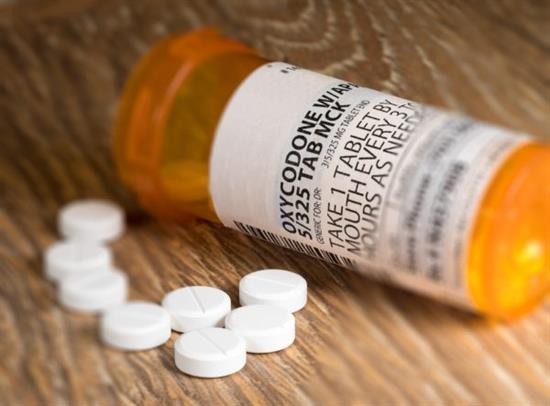In the News
Combatting our opioid crisis with comprehensive treatment centers
Washington,
April 13, 2018
Tags:
Healthcare
As vice chairman and ranking member of the House Energy and Commerce Committee’s Health Subcommittee, we were joined by committee members Ben Ray Lujan (D-N.M.) and Larry Bucshon
, M.D. (R-Ind.). This bipartisan legislation would authorize the secretary for Health and Human Services (HHS) to award grants to establish comprehensive treatment centers around the country. These centers would be required to offer a full continuum of FDA-approved and evidence-based treatment services, starting with intake evaluations and ending with job training and placement assistance.
In every corner of our congressional districts, we have heard from residents who have been directly affected or know of someone who has been hurt by our nation’s opioid epidemic. Sadly, over 63,000 Americans died of a drug overdose in 2016. A contributing factor is the difficulty patients face in obtaining treatments tailored to their specific recovery needs. We introduced the Comprehensive Opioid Recovery Centers Act of 2018 to help Americans suffering from opioid addiction get the personalized treatment they need for recovery before they, too, become part of that harrowing statistic. The reality is that anyone who is prescribed opioids is at risk of becoming addicted – which means opioid addiction can impact anyone and any community. A teenager with a sports injury can become addicted to painkillers after having surgery. Something as simple as a prescription for a toothache could result in addiction. There are many examples of patients being treated for a wide range of health conditions and varying degrees of pain management who have become addicted to the same type of drug. However, while the type of drug may be the same, this does not mean addiction treatment plans should be the same. Without changes to the current treatment framework, many patients will not receive the comprehensive help they need for recovery. There are currently a wide variety of proven options for treatment of drug addiction that are available to patients across the country, but many treatment centers only focus on one or two kinds of treatments. The range of options includes everything from counseling and abstinence- based rehabilitation to medications approved by the Food and Drug Administration (FDA). Patients typically seek treatment based on what is near where they live and what their health insurance will cover. If a local, covered treatment facility is limited in its offered treatments to one or two options and minimal follow up or ongoing outreach, a patient suffering from opioid use disorder is essentially playing luck-of-the-draw with their approach to treatment.For the people who are matched with the right program based on their specific needs, one type of treatment can be effective, but this approach can be disastrous for someone who is unable to recover using the only treatment available to them. One person might succeed with abstinence-based therapy and counseling but not respond well to FDA-approved medications and vice versa. To see the greatest number of patients achieve long-term recovery from opioid addiction and become productive members of society, we must match them with the tailored services that meet their needs. The urgent need for better-tailored treatment plans spurred our introduction of the Comprehensive Opioid Recovery Centers Act of 2018 earlier this year. As vice chairman and ranking member of the House Energy and Commerce Committee’s Health Subcommittee, we were joined by committee members Ben Ray Lujan (D-N.M.) and Larry Bucshon, M.D. (R-Ind.). This bipartisan legislation would authorize the secretary for Health and Human Services (HHS) to award grants to establish comprehensive treatment centers around the country. These centers would be required to offer a full continuum of FDA-approved and evidence-based treatment services, starting with intake evaluations and ending with job training and placement assistance. The centers would have to provide patients with integrated care consisting of a wide range of options. By taking a comprehensive approach, these centers will have the capacity to treat the whole person, not only helping a patient recover initially but also giving each patient the tools he or she needs to reenter the workforce and maintain recovery long-term. Under the bill, HHS is tasked with holding the centers accountable and compiling data that the centers are required to report so that other treatment centers can replicate successful comprehensive treatment programs. We cannot defeat our nation’s opioid epidemic overnight, but by offering a comprehensive range of treatments to those suffering from opioid use disorder we can take an important step towards more effectively combating this crisis. As the Energy and Commerce Committee continues to address the opioid epidemic, we are hopeful we can advance the Comprehensive Opioid Recovery Centers Act to help Americans addicted to opioids get the specific treatments they need to recover. Guthrie represents the 2nd District of Kentucky and serves as the vice chair of the House Energy and Commerce Committee’s Health Subcommittee. You can tweet him at @RepGuthrie. Green represents the 29th District of Texas and serves as the ranking member on the Energy and Commerce Subcommittee on Health. You can tweet him @RepGeneGreen. |

